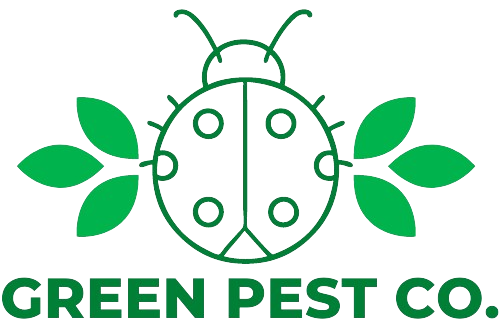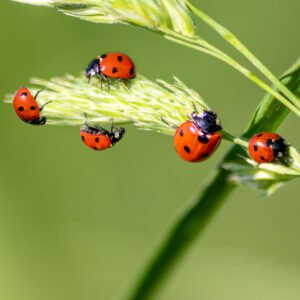Introduction
Pests can be a nuisance, causing damage to our homes, gardens, and even our health. While there are many chemical-based pest repellents available on the market, they often come with potential risks and harmful effects on the environment. Fortunately, there are organic pest repellents that can effectively keep pests at bay without compromising our health or the planet.
The Benefits of Organic Pest Repellents
Using organic pest repellents offers several advantages. Firstly, they are safe for humans and pets. Unlike chemical-based repellents, organic alternatives do not contain harmful toxins that can pose health risks. Secondly, organic pest repellents are environmentally friendly. They do not contribute to air, water, or soil pollution, making them a sustainable choice for pest control. Lastly, organic repellents are often more cost-effective in the long run. Many of these natural solutions can be made at home using simple ingredients found in our kitchen or garden.
Essential Organic Pest Repellents
Here are some effective organic pest repellents and how to use them:
1. Neem Oil
Neem oil is derived from the seeds of the neem tree and is a powerful natural insect repellent. Mix neem oil with water and a few drops of dish soap, then spray it on plants to keep pests like aphids, mites, and whiteflies away.
2. Garlic
Garlic is not only a tasty addition to our meals but also a potent pest repellent. Crush a few garlic cloves and mix them with water. Let the mixture sit overnight, strain it, and spray it on plants to deter pests such as slugs, snails, and aphids.
3. Citrus Peels
Don’t throw away your citrus peels! Instead, place them around areas where pests are likely to enter, such as windowsills or doorways. The strong scent of citrus acts as a natural deterrent for ants, spiders, and other pests.
4. Diatomaceous Earth
Diatomaceous earth is a fine powder made from the fossilized remains of diatoms. Sprinkle it around the perimeter of your home or garden to create a barrier that repels pests like ants, fleas, and cockroaches. The sharp particles of diatomaceous earth damage the exoskeleton of insects, leading to dehydration and eventual death.
5. Peppermint Oil
Peppermint oil has a strong scent that repels many pests, including mosquitoes, spiders, and mice. Mix a few drops of peppermint oil with water and spray it around windows, doorways, and other entry points to keep pests away.
Additional Tips for Organic Pest Control
While organic pest repellents can be highly effective, it’s important to implement additional practices to maximize their efficiency:
1. Maintain Cleanliness
Keep your home and garden clean and free of food debris, as this can attract pests. Regularly sweep, mop, and remove any standing water to prevent pests from finding a suitable environment to thrive.
2. Use Physical Barriers
Install screens on windows and doors to prevent insects from entering your home. Use mesh or netting to protect your garden from larger pests like birds or rabbits.
3. Rotate Crops
If you have a vegetable garden, rotate your crops each season. This helps prevent the buildup of pests that target specific plants.
4. Companion Planting
Planting certain flowers and herbs alongside your vegetables can help repel pests. For example, marigolds can deter aphids, while basil can repel mosquitoes.
5. Regular Inspections
Regularly inspect your home and garden for signs of pests. Early detection allows for prompt action, minimizing potential damage.
Conclusion
Using organic pest repellents is a safe and eco-friendly way to keep pests at bay. By incorporating natural solutions into our pest control practices, we can protect our homes, gardens, and the environment. Remember to experiment with different organic repellents to find the most effective solution for your specific pest problems. With a little patience and persistence, you can create a pest-free environment without compromising your health or the planet.



